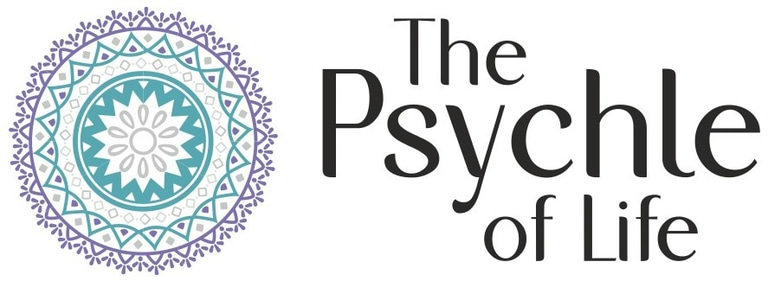Understanding and Healing from Childhood Trauma
Trauma is a word many of us are familiar with. Most people associate trauma with major life events like accidents, the death of a loved one, or natural disasters. However, trauma is not only about these big, shocking events. Sometimes, it’s the smaller, everyday experiences that can have a lasting impact, especially if they happen during childhood.
EXPERT SPEAKS
Deepa MN
2/8/2025
Trauma is a word many of us are familiar with. Most people associate trauma with major life events like accidents, the death of a loved one, or natural disasters. However, trauma is not only about these big, shocking events. Sometimes, it’s the smaller, everyday experiences that can have a lasting impact, especially if they happen during childhood. Things like emotional neglect, not having our feelings validated, or experiencing physical abuse as a child can cause deep emotional wounds that affect us throughout our lives.
Trauma doesn’t always show up in obvious ways.
It’s important to recognize that trauma can affect both our mental and physical health. If you’ve ever found yourself reacting strongly to a situation or feeling overly emotional about something small, you may have experienced some form of trauma. For children, trauma can sometimes look like sudden mood changes, becoming unusually quiet, or showing behavioral problems. If you notice these signs in a child, it’s important to consider the possibility of trauma.
The effects of trauma can last a lifetime.
Research has shown that childhood trauma can cause changes in the brain that affect how we think, feel, and behave. For example, trauma can cause problems with memory, emotional control, and even how we relate to others. It can also make people more prone to anxiety, depression, and other mental health challenges later in life. If these issues are not addressed, they can continue to affect relationships, work, and general well-being.
Healing from trauma is possible, but it takes time.
The first step is recognizing that trauma is a real issue. Accepting that something painful happened and acknowledging its impact is essential. Once the trauma is recognized, it’s important to seek professional help. Therapists and counselors specialize in helping people work through traumatic experiences using techniques like Cognitive Behavioral Therapy (CBT) and Eye Movement Desensitization and Reprocessing (EMDR). These therapies can help process the trauma and reduce its impact.
Building resilience is essential for healing.
Mindfulness practices, such as meditation or journaling, can be incredibly helpful in regulating emotions and improving self-awareness. Healing also requires a supportive environment. Surrounding yourself with people who understand and offer emotional support is crucial. If you are helping a child, it’s important to create a safe space where they feel heard and valued.
Finally, taking care of yourself is vital.
This includes regular physical exercise, maintaining a healthy diet, and getting enough sleep. Self-care is not just about physical health—it’s about nurturing your emotional well-being as well.
Healing from trauma isn’t an overnight process. It requires patience, understanding, and time. Whether you are healing from your own trauma or helping someone else, remember that recovery is always possible. By recognizing the signs, seeking help, and taking steps to heal, we can overcome the effects of trauma and live fuller, healthier lives.
Deepa M N
Founder, The Psychle of Life


Every evening, little Meera ran to share her school stories, but her father stayed glued to his phone, and her mother was lost in endless chores. Silence became her companion, her thoughts locked away, convinced her voice was unheard, unimportant.
Years later, in boardrooms and relationships, she struggled to speak—not because she lacked words, but because she had learned they didn’t matter. She is haunted by an invisible wound she never knew existed.

© 2025. All rights reserved.
Contact us
Reach out to us for any inquiries today.
Phone: (91) 9740784763
Email: thepsychleoflife@gmail.com
